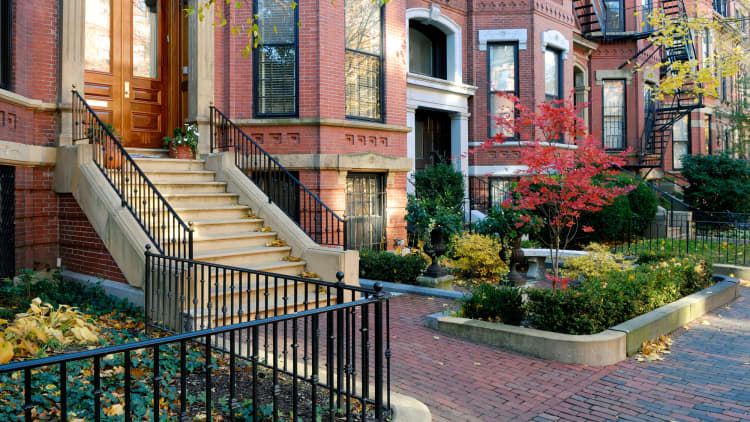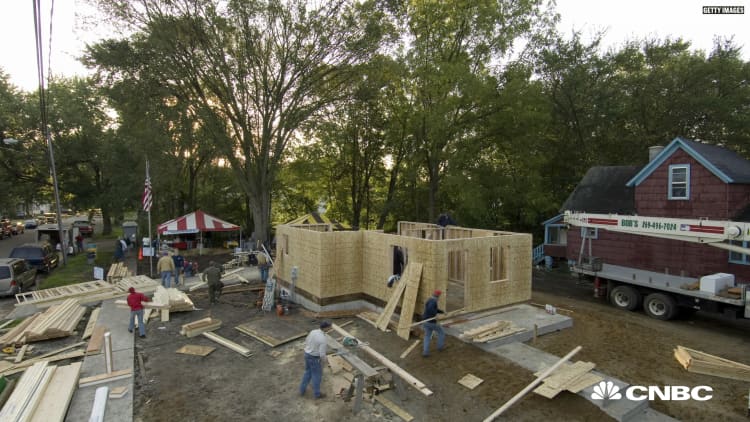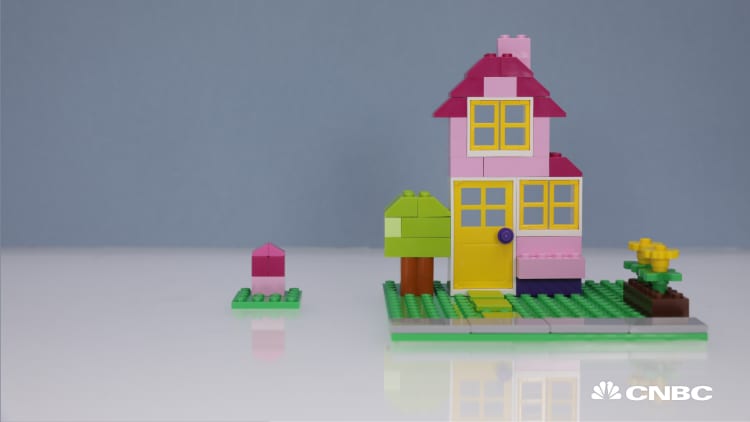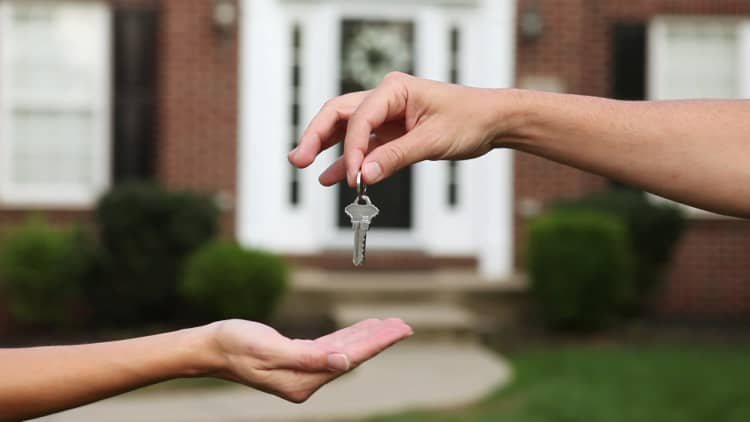Real-estate website RENTCafé analyzed the 2000 U.S. Census and the 2016 American Community Survey to find changes in key metrics of 11,000 U.S. ZIP codes and came up with a list of America's top 10 most gentrified areas. The winner: downtown Los Angeles. Runners up include trendy neighborhoods in DC, Fort Worth, Houston, Philadelphia and New York City.
To assess gentrification, researchers consider significant increases in median home value and median household income that long-time residents are forced to contend with, as well an influx of newcomers who hold either a bachelor's degree or some higher level of education.
"We ranked the ZIP codes on all three scales and created an average ranking to determine which areas experienced gentrification from 2000 to 2016," the researchers note. "Our study focused only on ZIP codes that had more than 2,000 occupied housing units in the year 2000 as well as in 2016." All dollar amounts were adjusted for inflation to the 2018 dollar value with the Bureau of Labor Statistics' Consumer Price Index Inflation Calculator.
Of the top 20 ZIP codes deemed most gentrified, here are the top 10:
Los Angeles, California
ZIP code: 90014
Home value change: 707 percent
Household income change: 95 percent
Higher education change: 857 percent
Washington, District of Columbia
ZIP code: 20001
Home value change: 207 percent
Household income change: 163 percent
Higher education change: 212 percent

Houston, Texas
ZIP code: 77003
Home value change: 284 percent
Household income change: 71 percent
Higher education change: 443 percent
Philadelphia, Pennsylvania
ZIP code: 19123
Home value change: 203 percent
Household income change: 95 percent
Higher education change: 230 percent
New York, New York
ZIP code: 10039
Home value change: 356 percent
Household income change: 32 percent
Higher education change: 168 percent

Fort Worth, Texas
ZIP code: 76102
Home value change: 323 percent
Household income change: 103 percent
Higher education change: 122 percent
Brooklyn, New York
ZIP code: 11211
Home value change: 167 percent
Household income change: 79 percent
Higher education change: 95 percent
Philadelphia, Pennsylvania
ZIP code: 19146
Home value change: 404 percent
Household income change: 51 percent
Higher education change: 106 percent

Brooklyn, New York
ZIP code: 11222
Home value change: 116 percent
Household income change: 56 percent
Higher education change: 97 percent
Brooklyn, New York
ZIP code: 11216
Home value change: 194 percent
Household income change: 48 percent
Higher education change: 149 percent
Although gentrification is changing most every major city, "the really spectacular cases seem to be limited to relatively few," the study notes. More than half of the top 10 ZIP codes are located on the East Coast and are concentrated in a handful of popular cities.
Overall, the data shows that the average home value in 2016 for the top 20 most gentrified ZIP codes was $446,730, with an average increase of no less than 224 percent since 2000. "This happened amidst a wave of supply growth: 19 of the top 20 gentrified ZIP codes experienced increases in the number of households between 2000 and 2016."
Median household income in the Washington, D.C. ZIP code 20001 grew 163 percent, from $37,000 in 2000 to almost $97,000 in 2016.
Still, it's worth noting that, in LA's 90014 ZIP code, most residents continue to live under the poverty line: Despite the 95 percent income growth driven by well-educated, high-earning newcomers, the data shows, the median household income in 2016 was only $24,670.
Overall, researchers conclude, gentrification in popular urban areas remains "a major issue" which could continue to lead "to the displacement of long-time residents in a neighborhood."
Like this story? Like CNBC Make It on Facebook
Don't miss: Poor credit isn't what makes renting hard—here's the real problem



